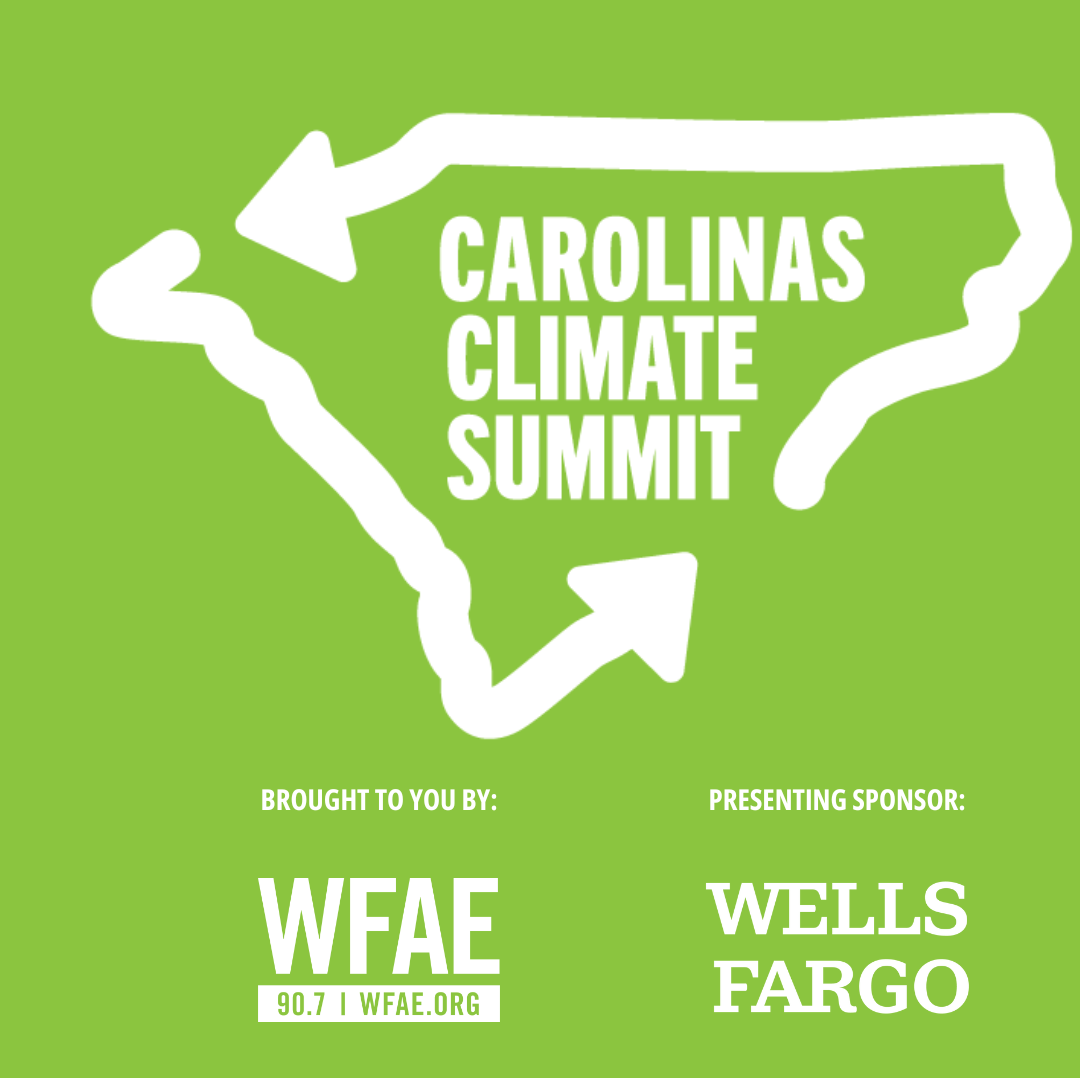
Mark Dugo
- CRES Director
- Center for Renewable Energy & Sustainability at Johnson C. Smith University
Dr. Mark Dugo is an Assistant Professor of Biology/Ecology and Director of the Center for Renewable Energy and Sustainability (CRES) at Johnson C. Smith University (JCSU) in Charlotte, NC. He received his Ph.D. in Environmental Science from Jackson State University, M.S. in Biological Sciences from the University of Southern Mississippi and B.S. in Biology from Longwood University. At JCSU, Mark is responsible for overseeing activities at CRES, including student engagement and community outreach emanating from the urban farming operations at JCSU’s Sustainability Village. A significant portion of his time and effort is applied toward the grass roots growth of CRES and leveraging resources for partnership building. In this capacity, Mark’s primary interest is focused on fair and equitable collaborative partnerships, which he strongly recognizes is largely hinged upon healthy relationships among stakeholders that is void of any sentiment of disenfranchisement among partners or community members and essential for long term sustainability. This focus on relationship quality within collaborative partnerships can hardly be more important than when the objectives are to address food security, health disparities, and socioeconomic disparities.
He has a background in the ecological sciences studying endangered species. While at the University of Southern Mississippi and the Mississippi Museum of Natural Science (MNNS), his focus was primarily on the application of molecular techniques to the conservation of anadromous and freshwater fishes. During his time at MMNS, he also collaborated in research studying the ecological consequences of non-sustainable commercial aquaculture practices. While at Mississippi Valley State University, through grant supported projects he focused on curricular development involving course-based engagement and research development centered on broadening participation in environmental and ecological sciences. One of his greatest passions continues to be teaching about, advocating for, and engaging in research concerning the biodiversity of the Southeastern United States. However, his professional matriculation led to an interdisciplinary approach to sustainability and conservation as tied to human population growth as a driving force for acknowledging the apparent increased interdependence between earth, its resources and the human population.
In part due to his background in the ecological sciences, Mark is strongly interested in drawing attention to the dependence human society has on ecological integrity, as well as the impact society has on the environment. He has also spent a significant amount of time and effort engaging with students and the community, raising awareness about the importance of ecology and environmental health. Across years of engagement, his approach has been consistently intentional to advocate for an inclusive definition of “stakeholder” that regards everyone residing within the boundaries of a watershed to have a stake, or vested interest in the management of resources within said boundaries.
Sessions
-
From Information to Action: Exploring Climate Solutions
The panel will share insights about climate solutions, such as renewable energy, electric vehicles and solar. We’ll also hear about grassroots efforts that have had a positive impact in communities. RESOURCES FROM THE PANEL: Eboné Lockett Harvesting Humanity PowerPoint Presentation- 4.16.04 Harvesting Humanity John Sheldon Renu Energy Solutions Slide: WFAE Carolinas Climate Summit 2024 […]
